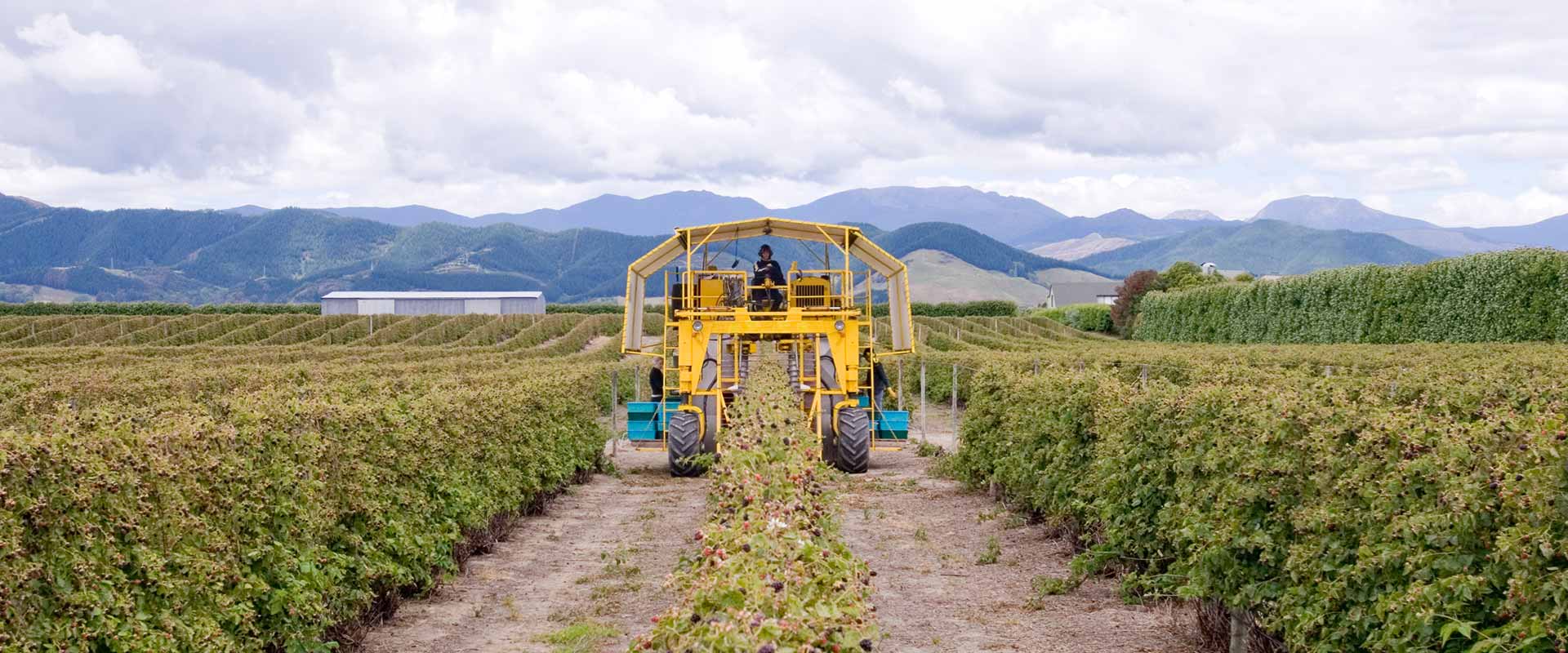Slash and Social Licence: An examination of the role of institutional assemblages in (re)negotiating social licence to forest in NZ
February 2024
This report examines the role of ‘institutional planning assemblages’ in ((re)negotiating a social licence to forest in Aotearoa New Zealand. The case study chosen was the Gisborne/Wairoa region post Cyclone Gabrielle. The data used for the analysis was publicly available from various media, cartographic sources, and regional council and central government policies and standards.
The results set out three ways in which institutional planning assemblages help (re)negotiate social licence to forest in a post-cyclone environment:
1) scaling effects,
2) cascading effects, and
3) the (de)stabilisation of the negotiation process.
The report concludes that social licence for forestry in New Zealand requires multiple licences at different scales to be (re)negotiated. Social licence to operate is intricately connected with the wider ‘licensing web’ which includes legal, regulatory, political, actuarial licences. Withdrawal of social licence can be a generative event for (re)negotiating that social licence, creating a moment where actors might begin paying closer attention to the institutional assemblages that currently make up the social licence negotiation process.
Submitted to Massey University for the BA Resource and Environmental Planning with Honours course
 View Our Strategy Document 2019 – 2024
View Our Strategy Document 2019 – 2024



